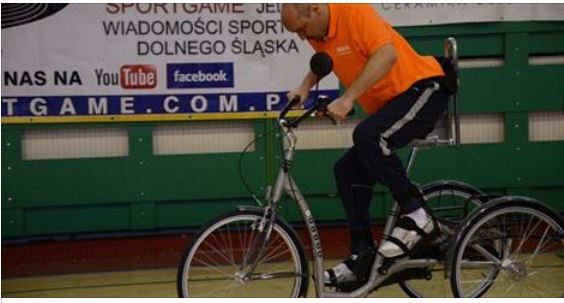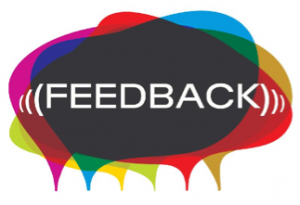If you are interested in Patient Oriented Research (POR), this might be something you want to attend.
The Patient-Oriented Research Training Program provides participants with a foundational understanding of Patient-Oriented Research (POR). It is intended to help equip research team members with the skills and knowledge necessary to engage meaningfully in projects that involve a POR approach. The Training Program is open to anyone who is collaborating, or planning to collaborate, in POR. It is intended for graduate students, trainees, community and academic researchers, patients and family members, health care professionals, decision-makers, and industry and community stakeholders who are interested in learning about, or contributing to, POR in Alberta.
Click here to continue reading.



